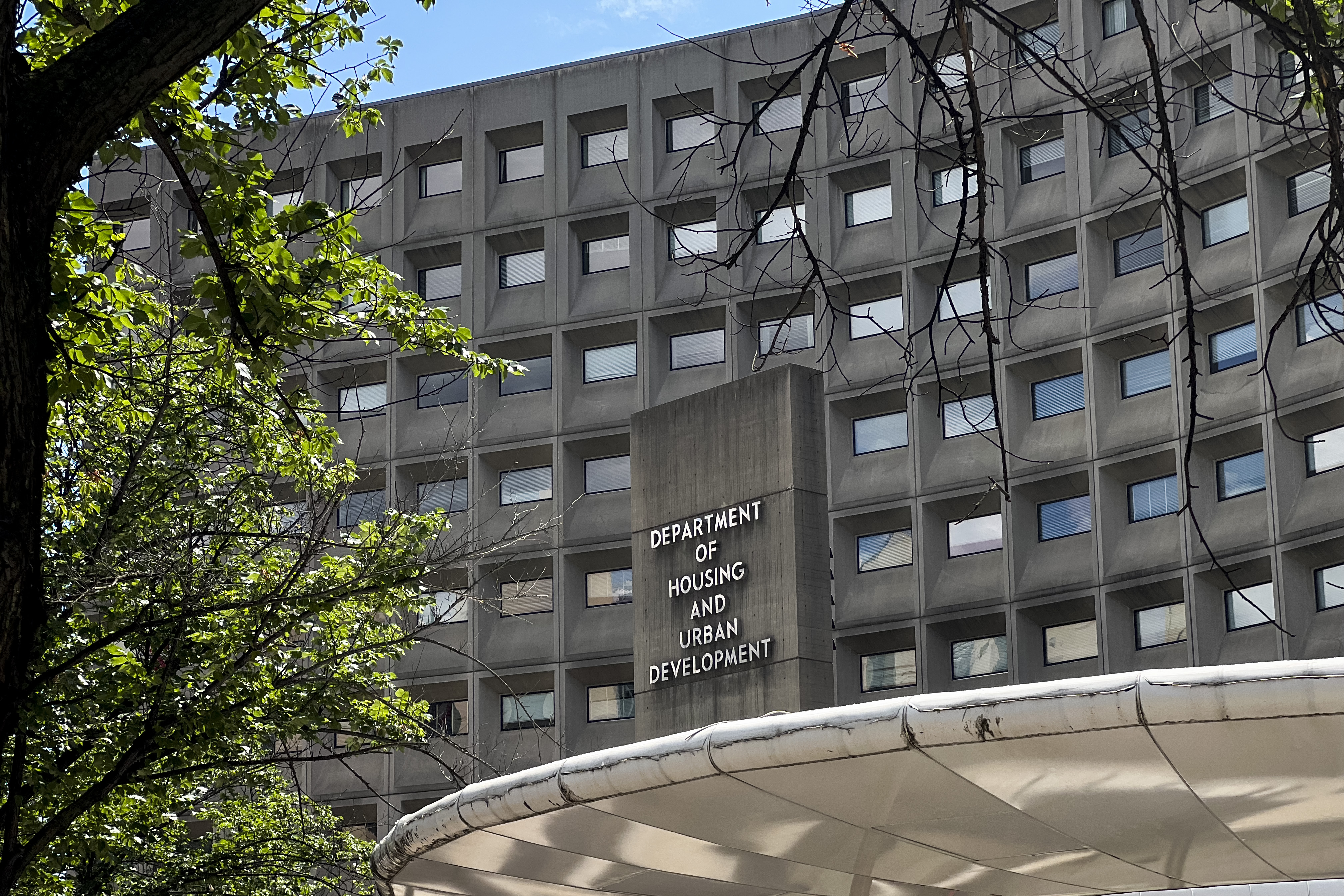The City of Los Angeles agreed to pay nearly $38.2 million to resolve allegations that it knowingly misused U.S. Department of Housing and Urban Development (HUD) grant funds to build affordable housing that was inaccessible to people with disabilities, the Department of Justice (DOJ) announced on Aug. 26.
“Municipalities that receive federal grant money for affordable and accessible housing must comply with federal law and honor the rights of people with disabilities,” First Assistant U.S. Attorney for the Central District of California Joseph T. McNally said in a statement.
“The nearly $40 million settlement here demonstrates our commitment to ensuring municipalities receiving federal funds comply with federal law,” McNally said. “We will continue to work with the City of Los Angeles to ensure equal access for individuals with disabilities.”
According to the settlement, Los Angeles resident Mei Ling, who uses a wheelchair, and the Fair Housing Council of San Fernando Valley, a nonprofit disability rights advocacy group, filed the initial lawsuit in 2011.
The United States intervened in the civil action in 2017 and filed a complaint alleging the city violated federal accessibility laws for more than a decade. The United States alleged that the housing built in the city was not structurally accessible due to several failures, including countertops that were too high, thresholds that did not allow for wheelchair accessibility, and slopes that were too steep.
HUD provided grant funds to Los Angeles and other cities to support housing, including building and rehabilitating affordable multifamily housing. As a requirement to receive the funds, recipients must comply with federal accessibility laws—section 504 of the Rehabilitation Act, Americans with Disabilities Act, and the Fair Housing Act, according to the DOJ.
Those laws prohibit discrimination against those with disabilities. Five percent of all units in houses receiving federal assistance must be accessible for people with mobility impairments, and an additional 2 percent must be accessible for people with visual and auditory impairments.
“By failing to make certain that HUD-funded multifamily housing was appropriately built or rehabilitated to meet federal accessibility requirements, the city discriminated against people with disabilities,” HUD Inspector General Rae Oliver Davis said in the statement. “HUD’s Office of the Inspector General will continue to work with our law enforcement partners to hold accountable those who fail to meet their legal obligations for the housing needs of people with disabilities.”
Federal fund recipients must also implement other housing-related accessibility requirements, including maintaining a publicly available list of accessible units with a description of their accessibility features. Grant recipients must also adopt policies and procedures to ensure that people in need of particular units’ accessibility features occupy them. One city employee must also be designated to coordinate accessibility efforts.
The United States also alleged that the city failed to maintain a publicly available list of accessible units and their accessibility features and knowingly and falsely certified to HUD annually that it complied with the grant requirements.
“The settlement announced today sends a clear message that HUD and its partners at the Department of Justice will work tirelessly to protect the integrity of HUD’s programs and demonstrates the importance of providing accessible housing,” HUD General Counsel Damon Smith said in a statement.
“In this instance, HUD determined that the City of Los Angeles fell far short of its responsibilities to provide HUD-funded accessible housing, but the settlement agreement provides a fresh start for HUD and the City to work collaboratively to address the City’s pressing housing needs.”














